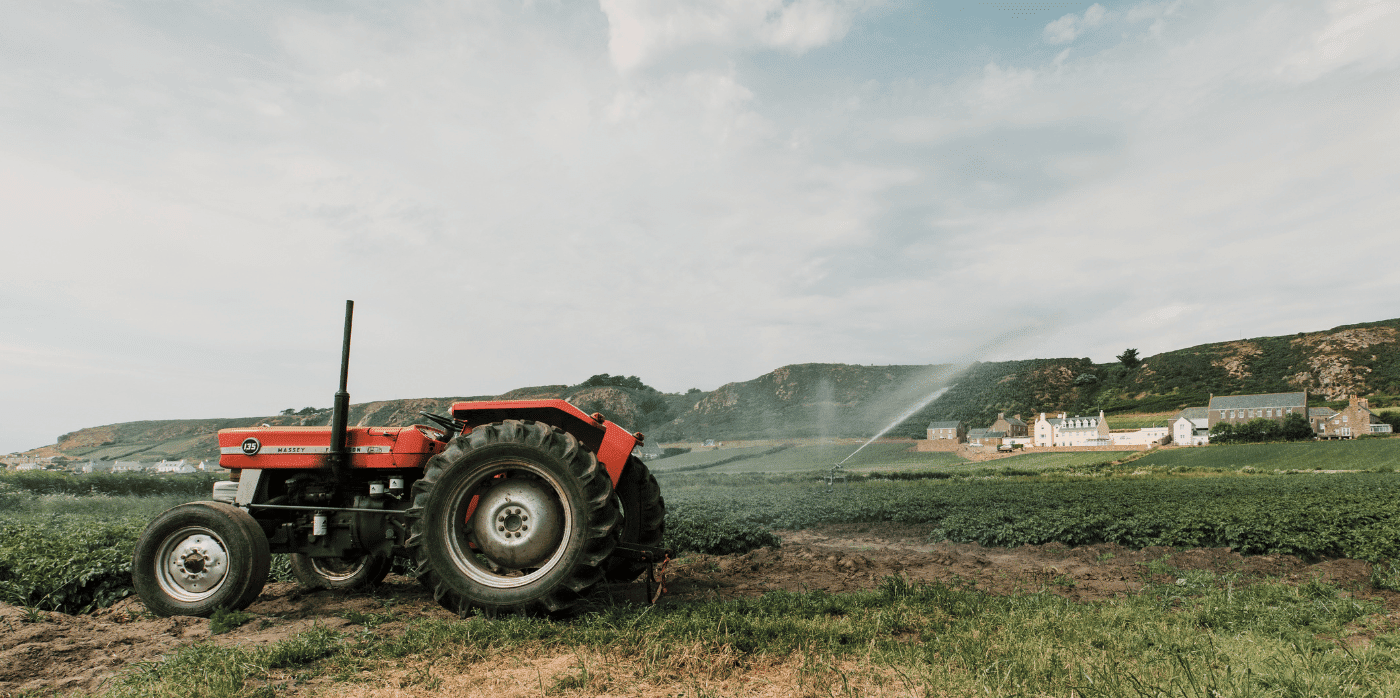
Spotted: Today, producing ammonia accounts for around 1.3 per cent of CO2 emissions from the world’s energy system, because the catalytic process requires extremely high temperatures and pressures that are normally achieved using fossil fuels. The vast majority of ammonia is used to create nitrogen fertilisers, making it a vitally important compound in global food production. Hoping to make it easier for farmers to produce ammonia cleanly is Danish startup NitroVolt.
The company has created a patent-pending “Nitrolyzer” that allows a previously carbon-producing process to become entirely carbon neutral and fossil free, with the only necessary inputs being green energy, water, and air. Within the Nitrolyzer, lithium salt is reduced to lithium metal, which then reacts with nitrogen to form nitrides. Hydrogen (which is produced by hydrolysis) can then react with nitrides to form ammonia. To make the process even more sustainable, the lithium can be reused again and again in the continuous reaction process.
Crucially, the Nitrolyzer was created to tackle the logistical challenges that farmers may face in accessing ammonia. The technology is modular and can therefore be installed wherever ammonia is needed, say on a farm or in a greenhouse. This means that farmers and growers can tailor production depending on their needs, and eliminate the costs and emissions associated with transporting fertiliser.
Recently, NitroVolt raised €750,000 in a pre-seed funding, which will be used to expand the team and help to scale the technology.
Fertilisers play an essential role in growing healthy crops and boosting food security, but currently industrial production methods are highly unsustainable. Luckily innovators are searching for alternatives, including the use of dog waste and seed coatings that reduce the need for fertilisers in the first place.
Written By: Archie Cox

